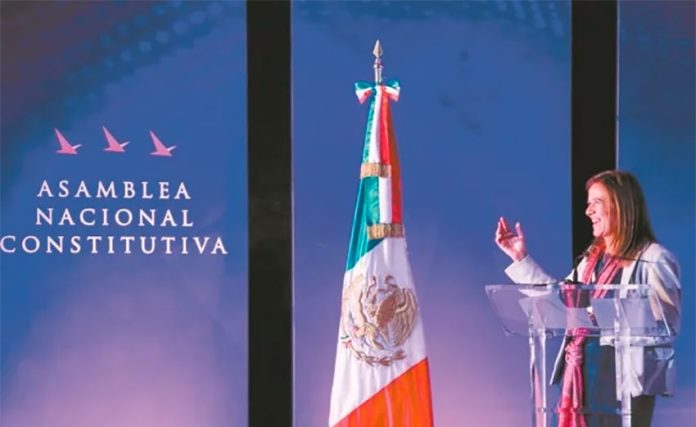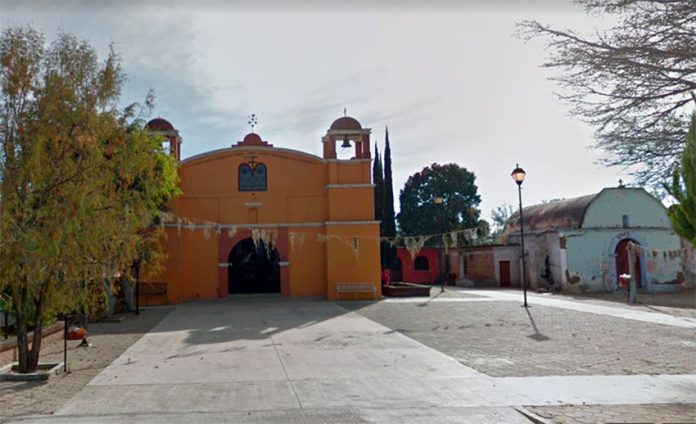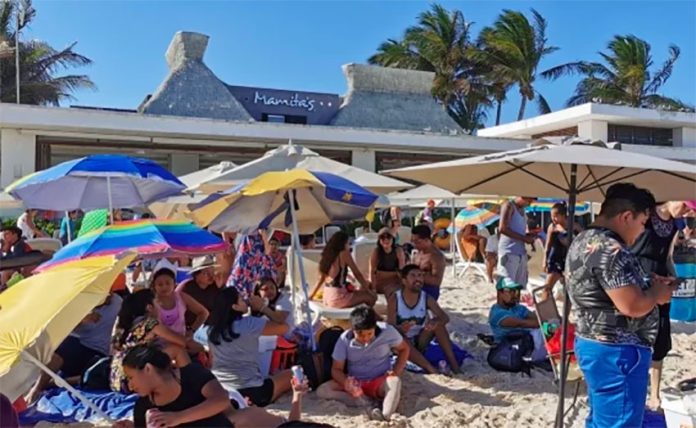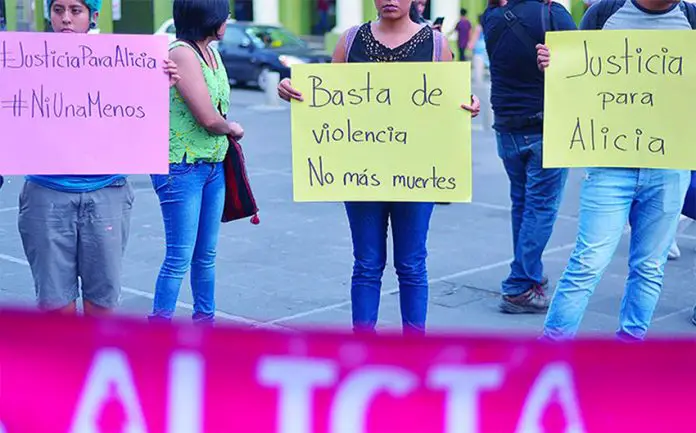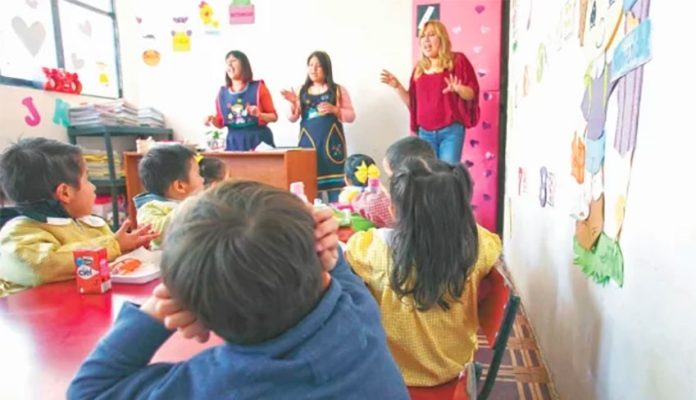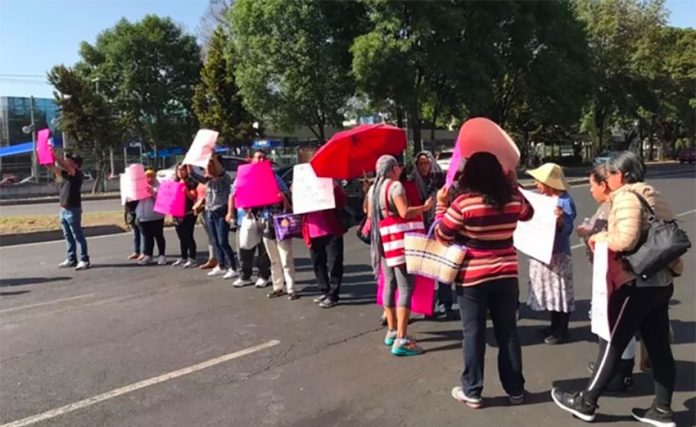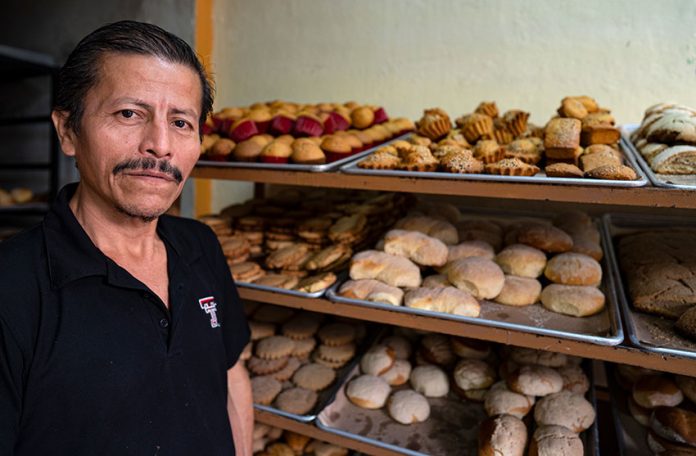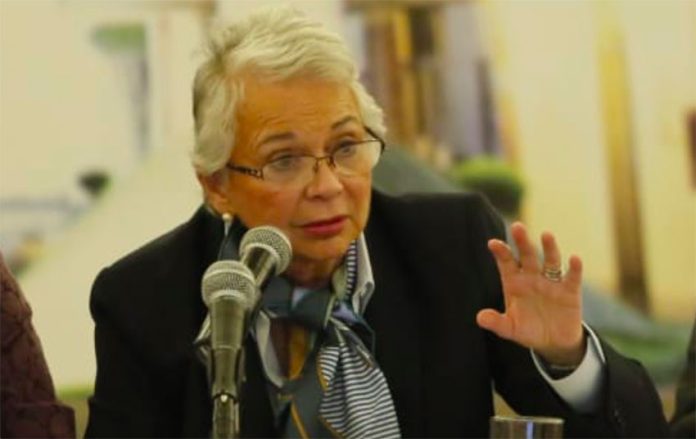Former President Felipe Calderón claims that the political movement he co-founded with his wife will become the sole alternative to the ruling Morena party.
México Libre (ML), or Free Mexico, was launched by former first lady Margarita Zavala just over a year ago as a center-right political movement. It has now fulfilled all the requirements to be formally registered as a political party with the National Electoral Institute, Calderón said.
Speaking at the soon-to-be party’s national assembly in Mexico City on Sunday, the former National Action Party (PAN) president asserted that ML will restore balance to Mexico’s political landscape and provide people with a “different option” at the ballot box. (Midterm federal elections will be held in July 2021).
ML will be the only party that “can save our beloved Mexico,” said Calderón, president from 2006 to 2012 and an outspoken critic of the current government.
Even though it is not yet formally registered as a political party, the 57-year-old president asserted that ML is already the largest opposition force to the government led by President López Obrador and pledged that it will soon grow to a membership of 300,000 and thus have more members than all other parties, including Morena.
Calderón claimed that the López Obrador administration is panicking because ML is on the verge of being registered as a party. He also said that the “autocratic government” has tried to block its registration.
“From the official machinery [of government] … they launch overwhelming attacks on our movement and our honor,” Calderón said.
The people of Mexico are facing a “government of hate that attacks, insults, puts labels [on others] … [and] stigmatizes. … We know that Mexico is not divided between chairos [armchair leftists] and fifis [elitists]. Mexico is a lot more than that and while the government doesn’t understand it, the job will continue to be too big for them,” he said.
After stressing that ML is not motivated by corporatism or religion, Calderón defended the record of his government, stating that if any federal administration has supported the poor it is his.
The current government “doesn’t listen and sustains a clumsy monologue of foolishness on a daily basis,” he charged.
Zavala said in January 2019 that neither she or Calderón would use México Libre to launch presidential bids but it is unclear whether they will seek elected office in any capacity at either the 2021 midterms or the 2024 election.
Source: El Universal (sp)
